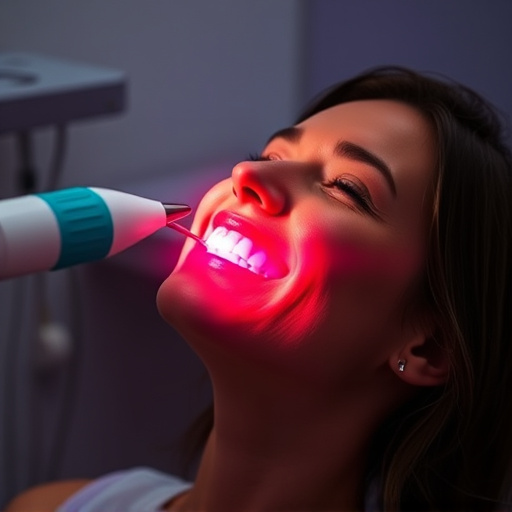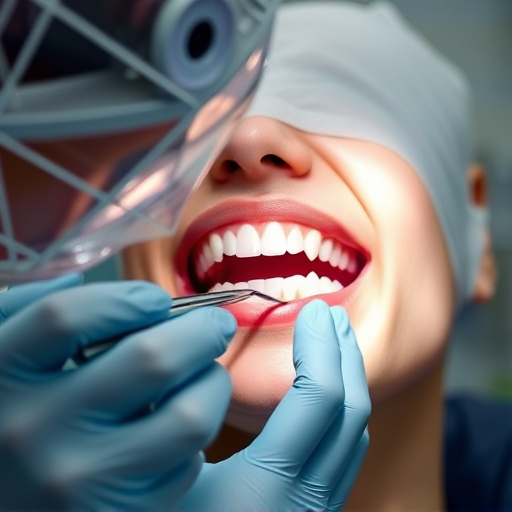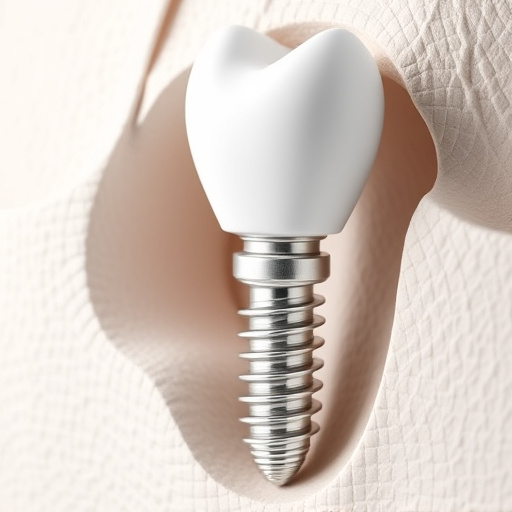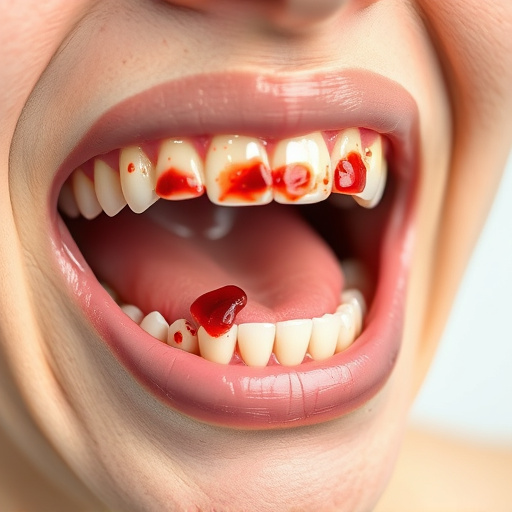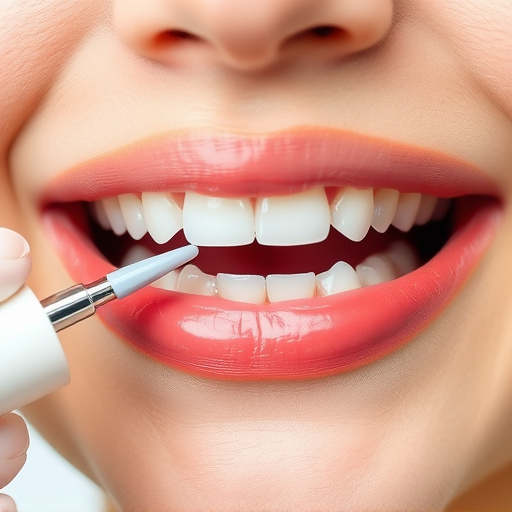Dental anxiety is a common issue in children and teenagers, often stemming from past traumas, parental absence, or pain sensitivity. Effective treatment involves addressing fears through educational resources, supportive environments, and techniques like CBT and desensitizing to normalize procedures, fostering comfort and improving oral health.
Dental anxiety is a common issue among children and teenagers, often leading to avoidance of dental care. This can result in poor oral health and even emotional distress. Understanding the root causes of dental fear is crucial for providing effective treatments. In this article, we explore strategies to manage and reduce dental anxiety, as well as discuss various therapies that offer long-lasting relief. Discover practical approaches to help young individuals overcome their dental fears and achieve healthier smiles.
- Understanding Dental Anxiety in Children and Teens
- Strategies for Managing and Reducing Dental Fear
- Effective Treatments and Therapies for Long-Lasting Relief
Understanding Dental Anxiety in Children and Teens

Dental anxiety is a common issue among children and teenagers, often manifesting as fear or discomfort related to dental procedures. This can range from mild nervousness to severe panic attacks, making even routine checks or simple treatments daunting for young individuals. It’s important to recognize that while some level of apprehension is normal, dental anxiety becomes a concern when it significantly impacts a child’s oral health and overall well-being.
Children and teens might experience dental anxiety due to various factors, such as past traumatic experiences, lack of parental presence during procedures, or simply a heightened sensitivity to pain. As they grow older, the anxiety can persist or even intensify, especially when facing procedures like wisdom tooth removal or more complex tooth extractions. Effective dental anxiety treatment for children and teens involves addressing these underlying fears, providing educational resources about dental procedures, and offering supportive environments that prioritize their comfort and trust.
Strategies for Managing and Reducing Dental Fear

Managing and reducing dental fear is a multifaceted approach that involves both psychological and practical strategies. For parents, it’s crucial to create a calm environment before and during dental visits. Simple techniques like deep breathing exercises, positive reinforcement, and explaining procedures in age-appropriate terms can significantly ease anxiety. Normalizing the experience by sharing stories of positive dental encounters or showing videos of friendly dental offices can also help desensitize children to the idea of going to the dentist.
In addition to these preparatory methods, proactive treatments like dental crowns and cosmetic fillings can address existing fears by making dental procedures less intimidating. While some teenagers might still experience anxiety, strategies such as cognitive behavioral therapy (CBT) have proven effective in teaching them coping mechanisms. CBT sessions often involve gradually exposing individuals to feared scenarios, reinforcing positive behaviors, and offering relaxation techniques – all tailored to alleviate specific dental anxiety symptoms.
Effective Treatments and Therapies for Long-Lasting Relief

Dental anxiety can significantly impact a child’s or teenager’s oral health and overall well-being. Fortunately, there are effective treatments and therapies available to provide long-lasting relief. Cognitive-behavioral therapy (CBT) has proven to be highly successful in managing dental anxiety by addressing the root causes of fear and phobia. Through CBT, children and teenagers learn relaxation techniques, positive thinking strategies, and gradual exposure to dental procedures, enabling them to face their fears head-on.
Another effective approach is desensitizing or conditioning, which involves gradually exposing individuals to the source of their anxiety in a controlled and safe environment. This process can include simulated dental experiences, starting with less intimidating procedures like applying dental fillings or using clear aligners for minor adjustments. As comfort levels increase, more complex treatments such as tooth extractions can be addressed, ensuring a smoother transition towards better oral health without overwhelming the patient.
Dental anxiety can significantly impact a child’s overall well-being and oral health, but with the right strategies and treatments, it is manageable. By understanding the root causes of dental fear in children and teens, parents and caregivers can employ various techniques to reduce anxiety, such as positive reinforcement, deep breathing exercises, and gradual exposure. For long-lasting relief, evidence-based therapies like cognitive-behavioral therapy (CBT) and desensitizing techniques have proven effective. Early intervention and access to specialized dental professionals equipped with these treatments can help young individuals overcome their dental fears, fostering a lifetime of healthy oral habits.








